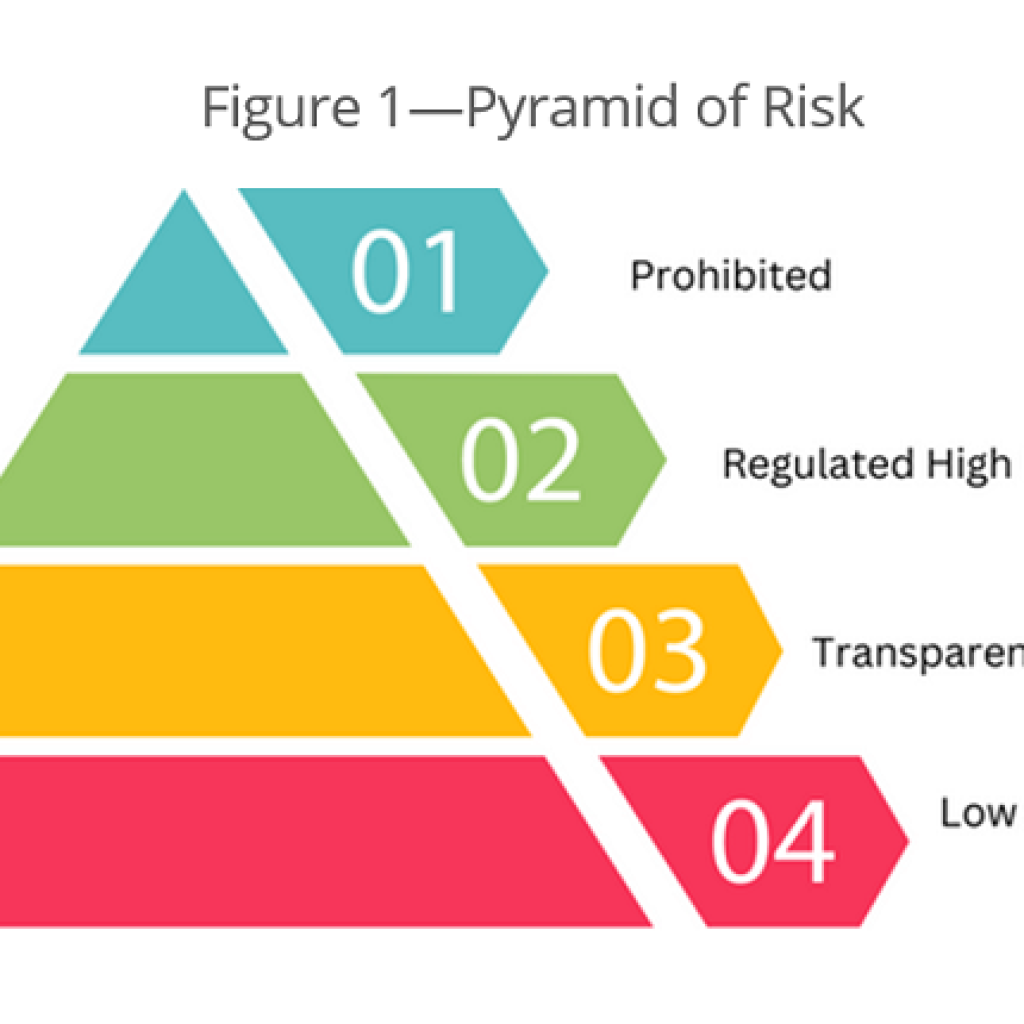In a bold move to align with the digital era’s recruitment practices, Hilton Australasia has introduced a new hiring approach that replaces traditional resumes with TikTok video applications. This strategy is designed to resonate with Generation Z job seekers, known for their heavy engagement with the platform, and to inject authenticity into the application process.
Embracing social media for hiring
Hilton has called upon job applicants to produce a brief, creative video from 30 to 60 seconds to express their interest in available positions and demonstrate their ability to offer exceptional guest service. The initiative underscores Hilton’s commitment to innovation in attracting a young, dynamic workforce adept at using modern technology and social media platforms.
Mary Hogg, the Regional Human Resources Director at Hilton, suggests that the traditional paper-based CV may not effectively convey a candidate’s interpersonal skills, which are crucial for customer service roles. The video application, therefore, becomes a more telling representation of an applicant’s potential to interact with guests and manage customer relationships.
Hilton’s campaign prioritizes candidates’ personality and communication skills by offering a medium where these can be directly observed. Applicants are required to tag the hotel operator’s official TikTok account and use a dedicated hashtag to streamline the application monitoring process.
The role of AI in recruitment trends
The decision to adopt TikTok video applications also comes as a strategic response to the growing influence of artificial intelligence in job applications. AI-generated content creation tools, such as ChatGPT, have raised concerns over the authenticity of written applications. An alarming statistic from a survey reveals that many job seekers have used AI for resume writing, questioning the credibility of such documents.
In response, Hilton’s approach through TikTok is seen as a way to allow for greater authenticity and personal touch, requiring candidates to engage directly with the employer through a visual and verbal presentation. This pivot to video applications acknowledges the deepening penetration of AI in everyday tasks and the need for new methods to evaluate candidates.
Beyond the resume
While Hilton is modernizing one facet of its recruitment process, industry opinions on the broader relevance of traditional job applications remain mixed. Nicole Gorton of Robert Half acknowledges the staying power of the resume in the corporate sector due to the detailed history it provides on a candidate’s background. On the other hand, criticisms by Justin Angsuwat of Culture Amp and Andrew Hanson of Robert Walters highlight the diminishing value of cover letters in an AI-saturated job market. They contend that generative AI has diluted the cover letter’s ability to reflect the candidate’s abilities and personality.
Despite these differing views, Hilton’s adoption of TikTok applications primarily targets entry-level positions, with the understanding that videos will not encapsulate the entirety of an applicant’s professional qualifications. As such, follow-up interviews are anticipated to probe into the details not covered in the video submissions.
The innovative recruitment drive by Hilton Australasia is a significant case study in the evolving landscape of hiring. It demonstrates a willingness to step away from conventional practices and experiment with new platforms that resonate with emerging talent pools. As the debate continues regarding the efficacy of written versus video applications, Hilton’s pilot project may serve as a precedent for other employers to consider more dynamic and interactive hiring practices.
In conclusion, Hilton Australasia’s transition towards TikTok-based recruitment reflects a broader industry trend where companies re-evaluate the effectiveness of traditional hiring documents. It also showcases the company’s agility in adapting to the generational shift in media consumption and communication preferences, which may define the future of talent acquisition. Hilton’s initiative may pave the way for other firms to follow suit, signaling a potential shift in how professional qualifications are assessed and presented in the digital age.





